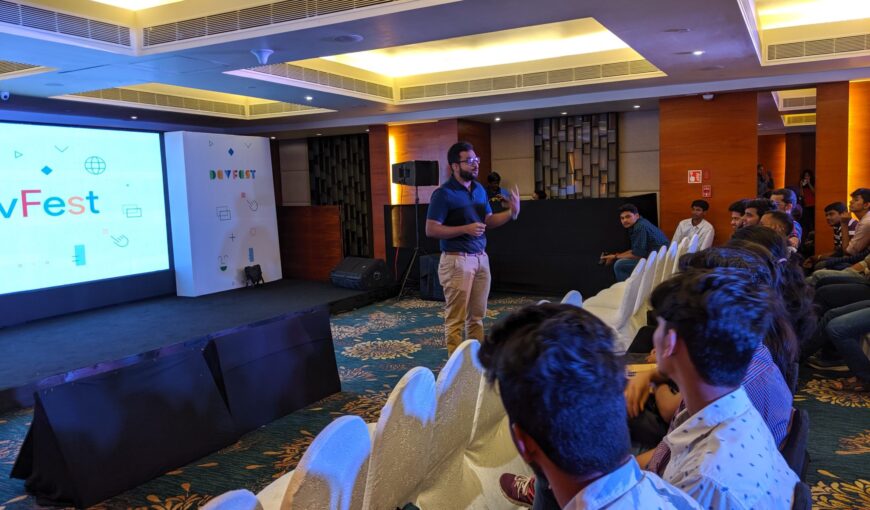I have a confession to make.
There are times when I am at an event, sitting in the audience, minding my own business when out of nowhere the master of ceremonies launches a surgical strike by saying “Mudit, can you please share a few words?”
My stream of sub-consciousness gets interrupted by applause from the waking members of the audience even before I can protest. My feet get a mind of their own and begin to walk me towards the podium. I try to buy time by checking the microphone and embarrassingly smiling back at the audience, and then the show begins.
Three minutes later, as I walk off stage, some members of the audience inquisitively ask how I managed to speak “spontaneously” riddled with facts, humour and stories, all in three minutes, I let go of an embarrassing forced laughter as if I have no clue what they are talking about.
Through this confession today, I wish to uncover how I deliver those seemingly spontaneous speeches.
I prepare for spontaneity.
If I have the slightest of hint that I may be called on stage, I mentally start rehearsing the speech. I gather 1-2 comments on previous speakers, pull up a humorous story around the event or theme, and think of one key message that will help the audience.
I keep my story-lens on all the time.
When I see little children playing, pigeons fluttering, insects hopping from plant to plant, sitting in a public location or travelling, I keep looking around for stories that have lessons. You will not find them, because you were busy scrolling through your Twitter-feed as these stories were happening. If I notice even the smallest of note-worthy stories, I pull up my phone and immediately store them.
I listen.
We are either speaking through our mouths, or in our head. We do not have the time or patience to silence ourselves and immerse into someone else’s story and feel what they feel. As I walk around the room listening to people, I gather a sense of their preferences and it is no co-incidence that the impromptu speech that I deliver later was so bespoke that they feel elated.
Be brief.
Good speakers know when to speak; great speakers know when to shut up. People often compensate their lack of preparedness on a topic by speaking for longer. However, most of it is rambling without much content. Br crisp and get off the stage before people stop listening. Return of attention per unit of time on stage needs to be maximised; not the time on stage itself.
